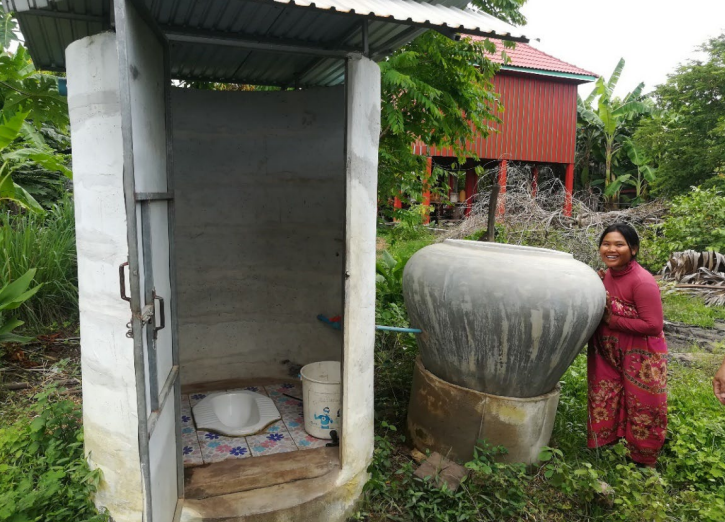Mission in Cambodia – June 2022
From 28th June to 6th July 2022, HAMAP-Humanitaire went to Cambodia for the watr and sanitation project for the population of the Stung Sen basin in the municipaliy of Putrea.
The aims of the mission were:
- Final evaluation of the network extension project in Putréa and formation of the management committee before the closure of the project.
The network of Putrea was first inaugurated in 2019 during the first step of the project and then expanded during the second step, supported by HAMAP-Humanitaire and the NGO Rainwater Cambodia.
- Follow-up of the support and training project for 5 management committees of the Stung Sen basin
This part of the project aims to train and support the five committes as they take on their new responsibilities, from a technical point of view (operations and maintenance), organizational point of view (distribution of tasks, drafting of statutes, governance), management point of view (budget monitoring, invoicing, administration) and social marketing point of view (awareness of the proper use of water and hygiene, promotion of private connections to the network)
- Preparation of the water access project in the village of Tang Krasov and network extension in Reaksa
The commune of Tang Krasov is made of 25 villages (10 000 inhabitants). 15 villages make up the commune of Tang Krasov (10,000 inhabitants). The water consumption is mainly by purchased bottles. Many private wells exist for domestic use or drinking. The quality of the wells is very poor, the depth is shallow, no quality control is carried out, they are installed near latrines, and many cases of water-related diseases remain. In the dry season, groundwater becomes scarcer. Water is a priority for the commune.
The water situation in Reaksa is the same as in Tang Krasov. An extension is planned to connect a district in demand and to give an impulse to the management committee. 150 latrines are planned for the most disadvantaged households.
So, the observations made during the mission are positive. The six water supply systems are now fully functional. The quantity of water available is sufficient everywhere and the potability of the water is proven. The six committees have undeniably gained in technical and managerial know-how, and in budgetary management in particular. All of them expressed their satisfaction with the training courses and, above all, with the personalized support offered.

